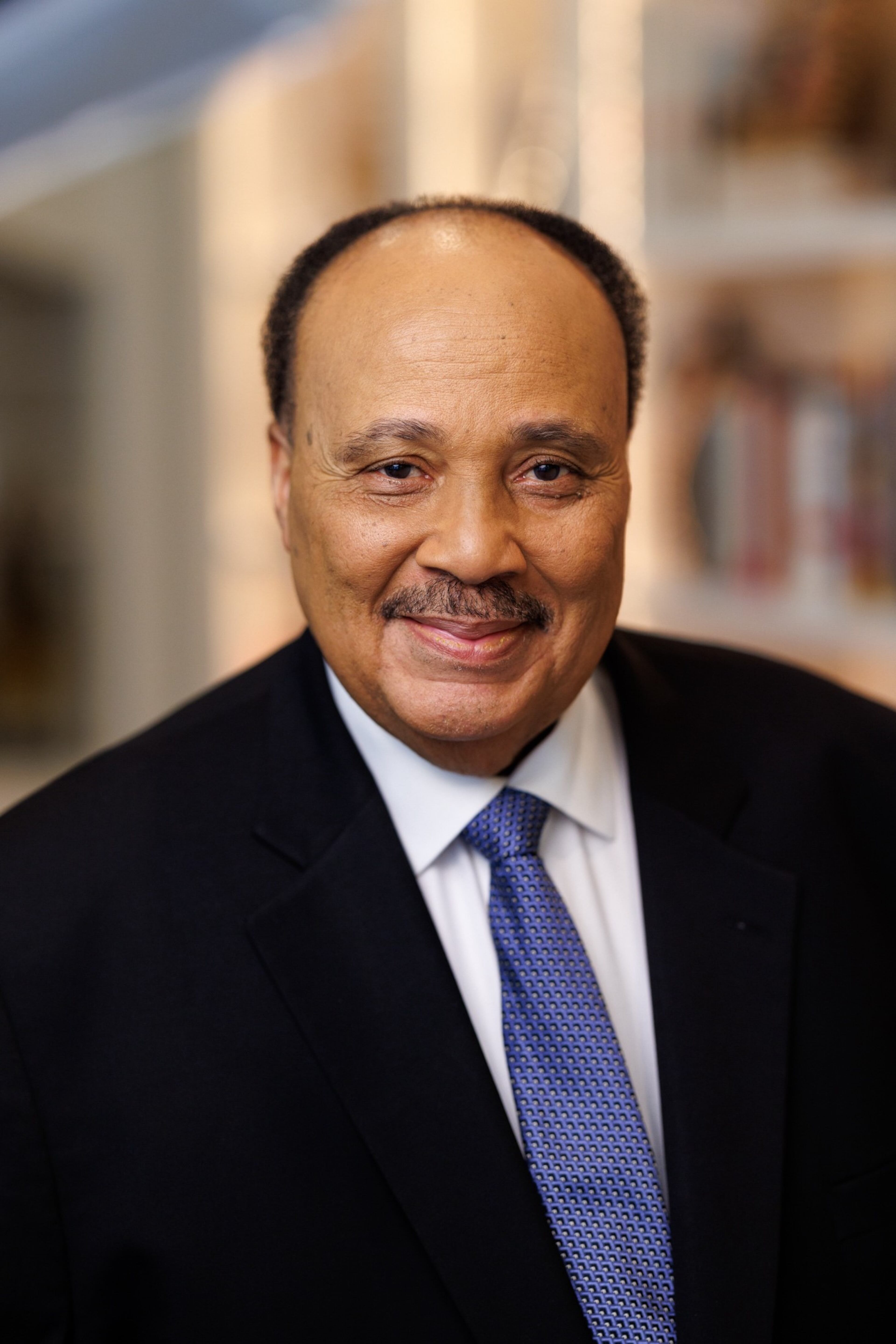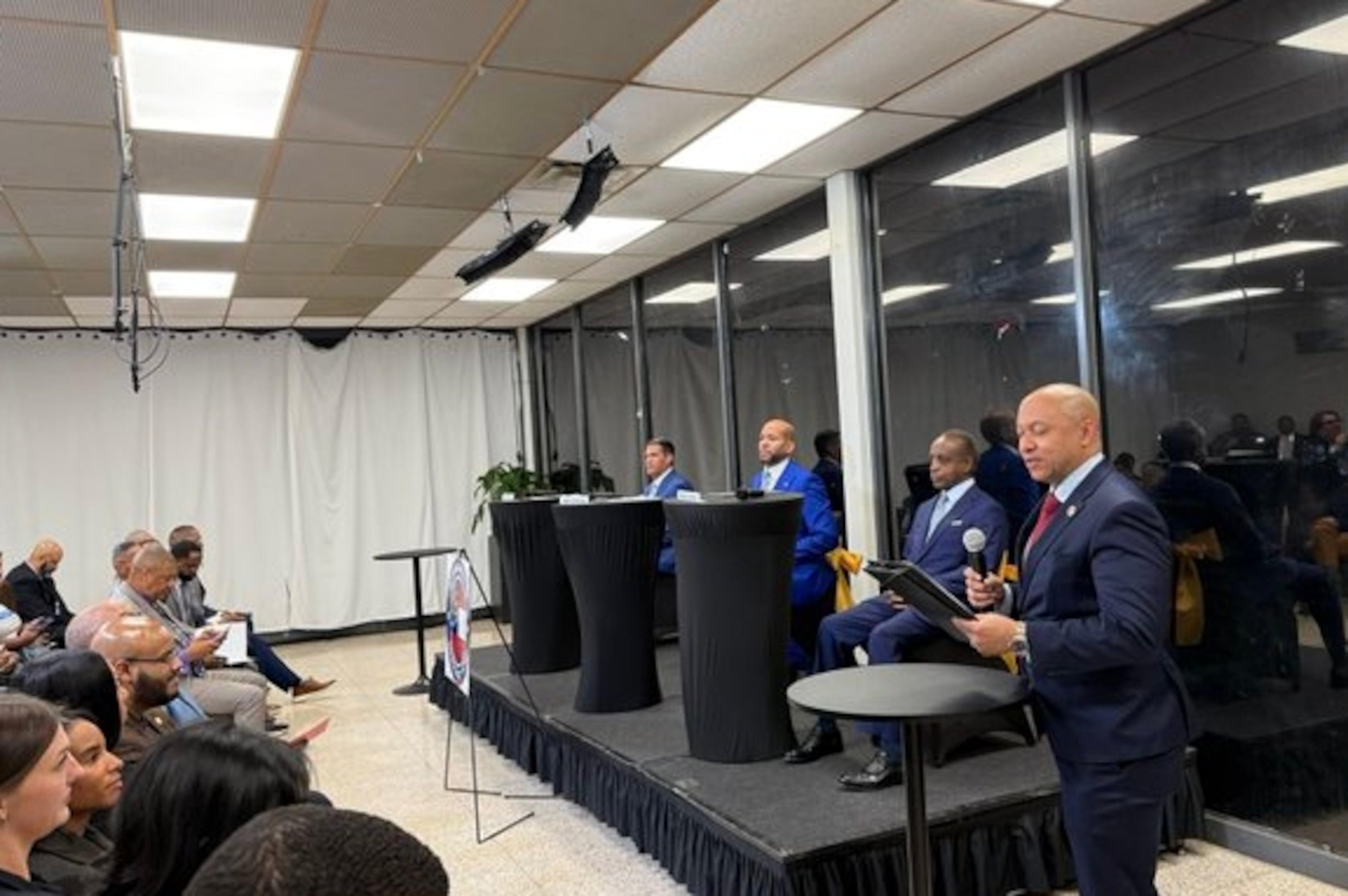
Fifty-nine years ago this week, on Aug. 6, 1965, then-President Lyndon Johnson signed the Voting Rights Act into law. It was the crown jewel of the civil rights movement — legislation that answered the Rev. Martin Luther King Jr.’s call: “Now is the time to make real the promises of democracy.”
Now, nearly 60 years later, democracy is on the line again. When I think about the fight for our right to vote — what dad called our most sacred right — I think of the lifetime spent on securing our right by the late Rep. John Lewis, D-Ga. Lewis dedicated his life to fighting along with dad for our freedom to vote, recognizing the persistent challenges at the ballot box faced by marginalized communities.

In his final years, Lewis championed two vital pieces of federal legislation that have been stalled in Congress: The Freedom to Vote Act and the John Lewis Voting Rights Advancement Act. Both bills would restore the achievements he and my father made when the Voting Rights Act was signed into law while expanding voter protections for millions of Black and brown Americans.
Lewis understood, as my father did, that the vote is our most sacred right.
The Voting Rights Act had assured that Black and brown votes mattered — that states could not erase our voices. But now, we are facing an election that could change the direction of voting rights in our country. If we vote for Vice President Kamala Harris in November, the John Lewis Voting Rights Advancement Act and Freedom to Vote Act have a much stronger chance of being signed into law.
We must pass these critical bills — to save our democracy, to fulfill the promise of our country and to preserve the achievements of my father’s movement.
Under a second Trump presidency or Republican-controlled Congress, that is not possible. Project 2025 — the conservative blueprint for a Trump administration — seeks to weaponize the federal government against voters, a terrifying reality already seen in Florida where Florida officials arrested individuals in the middle of the night under dubious pretenses for voter fraud. The Supreme Court’s recent rulings, granting states more immunity against such abuses of power, further embolden these anti-democratic efforts. Project 2025 is a blueprint for ending our democracy.
Already, Republican-controlled statehouses across the country have been busy introducing legislation to suppress the vote; as a result, voters in half the country will face new voting restrictions this November, according to the Brennan Center. House Speaker Mike Johnson, R-La., supports proof of citizenship for voting, another backdoor way of introducing restrictive voter ID laws. Sen. JD Vance of Ohio, the Republican nominee for vice president, has even suggested Americans with children should have more votes than those without.
Some of those actions have been taken to propagate fear against immigrants, while some have incited a Republican base that still believes Trump won the 2020 election. But much of it pales in comparison to the impact of the conservative Supreme Court gutting the Voting Rights Act in Shelby County v. Holder. That case eliminated the federal preclearance clause in the Voting Rights Act, meaning states and localities with a history of racial discrimination at the ballot box no longer need to clear changes to their election laws or electoral maps with the federal government.
For the future of our democracy — for the movement that my father and John Lewis and C.T. Vivian and Ella Baker and so many others led more than 60 years ago — there is nothing more important than restoring the rights lost by the destruction of the Voting Rights Act. We can achieve that by passing the John Lewis Voting Rights Advancement Act and the Freedom to Vote Act. But that is only possible if Democrats win in November.
To defend our democracy, we must defeat former President Donald Trump. And on Day 1, we must work with President Kamala Harris to pass the John Lewis Voting Rights Advancement Act and the Freedom to Vote Act into law.
Martin Luther King III, the eldest son of the Rev. Martin Luther King Jr., is board chairman of the Drum Major Institute, global humanitarian and advocate for civil rights.


